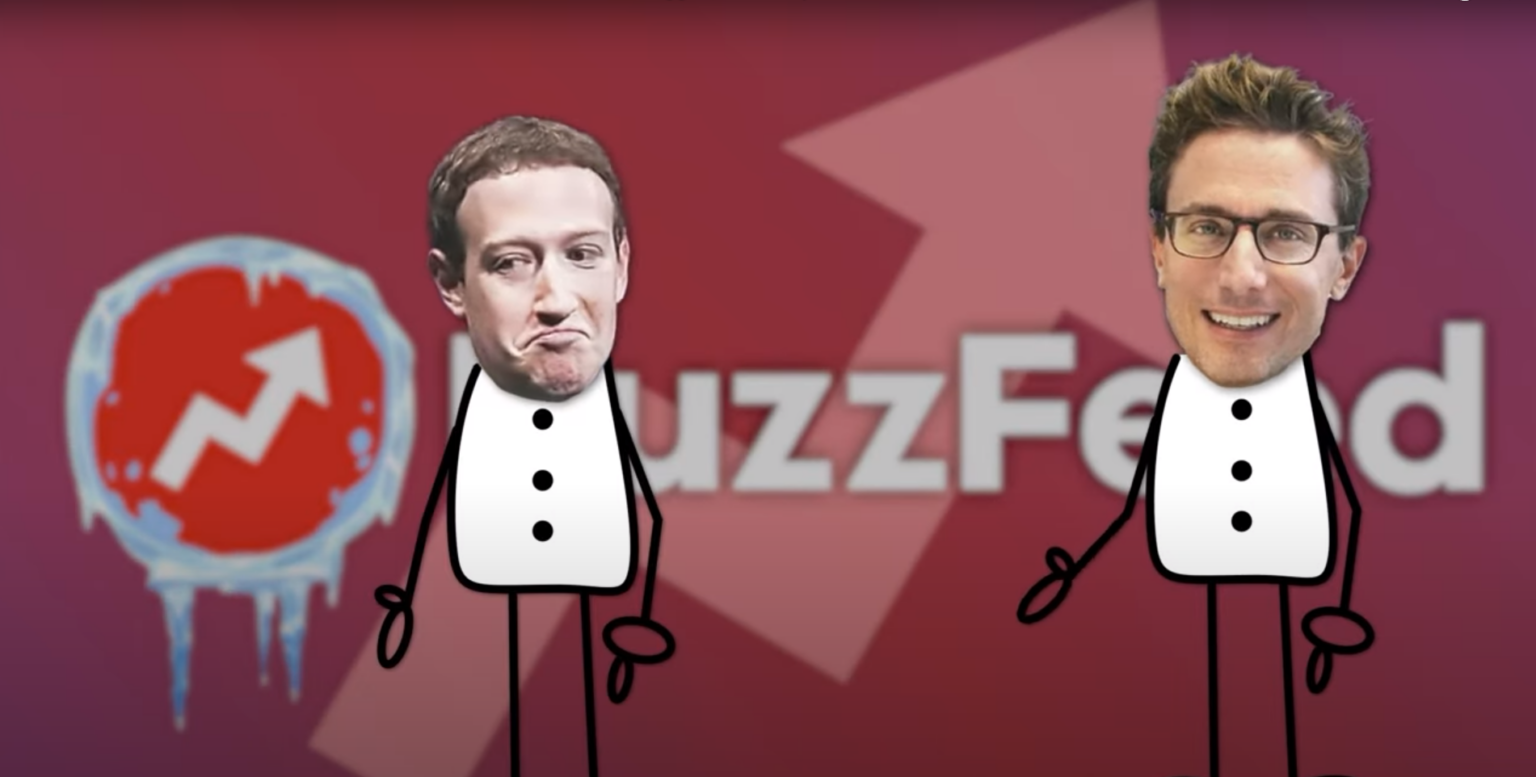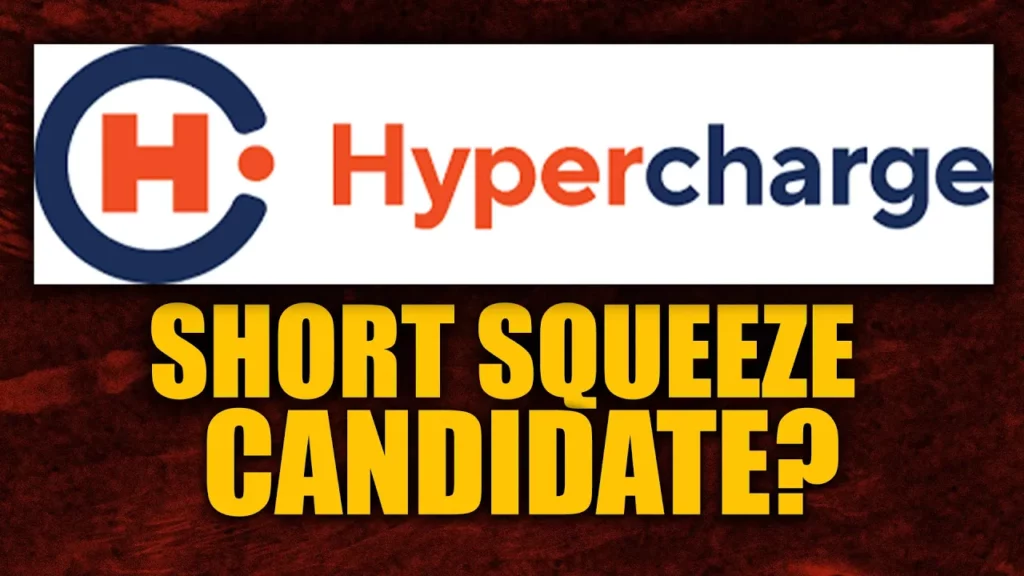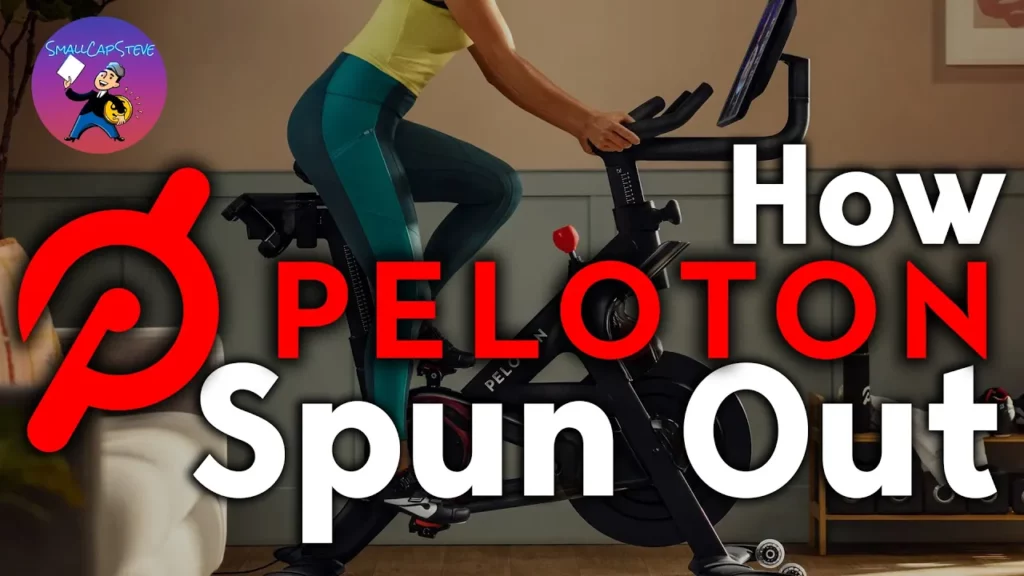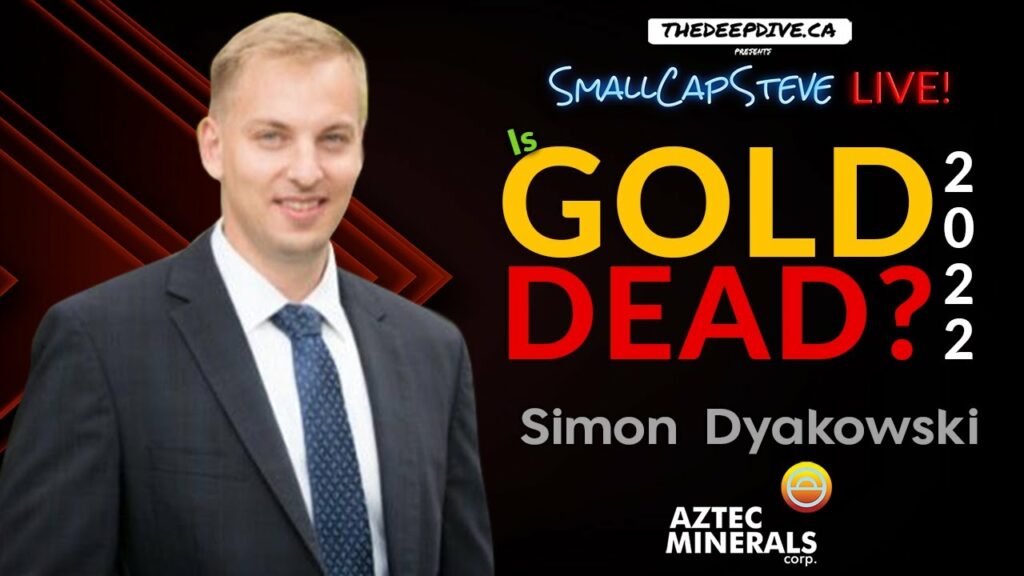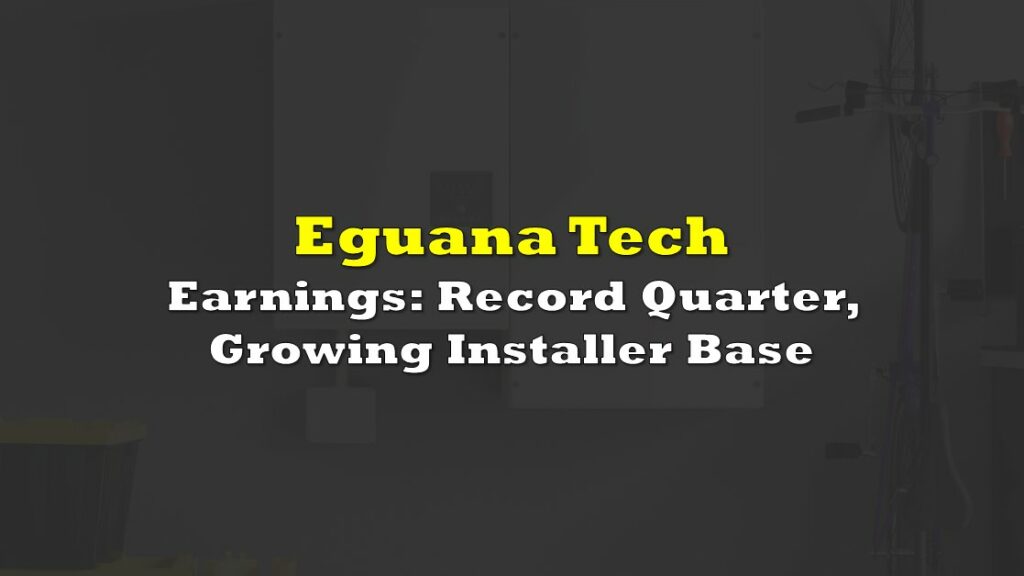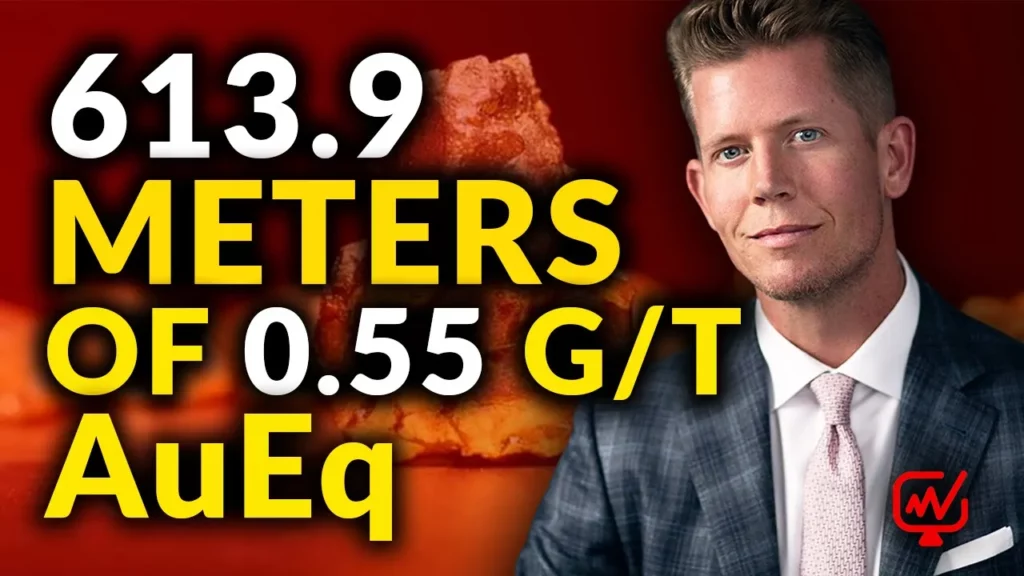This is a story about how a kid started out sharing his angry emails with Nike, which eventually led to him inventing a popular social media quiz app, which then led to him to building that app into a company with nearly a one billion dollar valuation that today has lost 93% of it’s worth.
Yes, I’m talking about BuzzFeed. Remember when it was the shiny new toy of the digital media world, churning out listicles and quizzes that we just couldn’t resist?
From its humble origins to ambitious journalism endeavors, Buzzfeed now faces financial struggles and a shift towards AI-generated content – which I think most people thought they were using back in 2010 based on the overall quality of their work anyways.
Today were going to dive into how BuzzFeed rose to being such a well known brand to now desperately clinging to a life raft in the ever evolving world of digital media.
Buzzfeed: the origins
Let’s start with Buzzfeed’s beginnings. It all started in 2001, when Jonah Peretti, a graduate student at MIT, found himself in a heated email exchange with Nike over customized ID shoes. In a rare case of how procrastination can sometimes lead to greatness he posted the exchange online and it went viral, which put Peretti in contact with Ariana Huffington.
By 2006, Peretti was working at the Huffington Post and decided to dabble in a side project called BuzzFeed Laboratories. And just like that the viral content machine was born.
Two years later, BuzzFeed raised a cool $3.5 million through Hearst Ventures and Softbank. By 2012, BuzzFeed was making acquisitions like Kingfish Labs, a third party tool which optimized Facebook ads. Next, Buzzfeed along with this acquisition went and raised an impressive $19.3 million dollars in a funding round and reportedly became profitable.

From there, BuzzFeed’s meteoric rise continued. By 2014, 75% of its views came from social media outlets, and NBCUniversal invested $200 million a year later. And in 2016 they were large enough that they were separated into BuzzFeed News and BuzzFeed Entertainment Group, with the latter including a motion picture division which almost exclusively posted content direct to YouTube, including YouTube Red, which was a predecessor to YouTube premium. By 2020, Peretti came full circle with his journalism career, acquiring The Huffington Post, the publication in which he helped establish nearly two decades earlier.
Yes, BuzzFeed was flying high, with its content being devoured by millions worldwide.
But as quickly as one can find a loophole in social media to exploit for clicks and views, small changes in the algorithm quickly began to erode that niche advantage.
BuzzFeed News and ambitious journalism
BuzzFeed became largely known for clever and relatable content, from their viral meme of “Disaster Girl” to “If Disney Princes Were Real”. Who can forget their “The Only Bra Hack Men Will Ever Need” Youtube video that went viral, and of course another video that has garnered over 68 million videos on Facebook called: “If Cats Told You What They Were Thinking.”
BuzzFeed’s quizzes, such as “Tell Us About What You Look For In A Soulmate And We’ll Guess Your Type,” became a hallmark of the site’s content shared widely all over social media.
Somewhere in the mid-2010s, the company decided it wanted a seat at the grown-ups’ table and began venturing into serious journalism, creating BuzzFeed News which sought to distinguish itself from its more light-hearted sibling by focusing on in-depth reporting and breaking news stories. They even brought on Politico’s Ben Smith in the process.

Algorithms? Viral Rank? Sure, those tools helped BuzzFeed gain traction, but BuzzFeed News relied on the good old-fashioned hard work of its staff reporters and contributors to make its mark. But the question quickly became, how would BuzzFeed News stand out?
Its reporters tackled a range of important issues, from sexual harassment in Hollywood to the rise of white nationalism in the US, and were praised for their investigative work. Notable stories included its coverage of the Trump-Russia investigation, Obama’s personal deal with Iran and the #MeToo movement.
BuzzFeed News also made waves by publishing the so-called “Steele Dossier,” which detailed allegations of Russian interference in the 2016 US presidential election.
At the time, the influence BuzzFeed News had on the media landscape was significant, with other news outlets often picking up its stories and following its lead in coverage.
The financial turmoil
Let’s take a closer look at what sent BuzzFeed News spiraling down the toilet.
First and foremost, BuzzFeed News found itself in the unenviable position of being overdependent on big platforms like Facebook and Google for distribution and ad revenue. When these tech giants sneezed, BuzzFeed News caught the cold, and it wasn’t pretty.
As the platform evolved, BuzzFeed’s CEO, Peretti, lamented the fact that Facebook and Google gobbled up most of the ad revenue, leaving high-quality content creators struggling to make ends meet.
The company was forced to lay off employees, shut down its podcast department, and even slash salaries during the COVID-19 pandemic. BuzzFeed also had to contend with the harsh reality that turning a profit in the digital media landscape is about as easy as catching a greased pig – as evidenced by the fact that the company had layoffs every year from 2017 through to 2020.
The IPO and decline
In an attempt to secure further capital, in June 2021 BuzzFeed announced its plans to waltz onto the stock market stage via a special-purpose acquisition company (SPAC), hoping to generate the kind of buzz only an ambitious media company could dream of.
BuzzFeed’s foray into the public market included the acquisition of Complex Networks, a media company known for popular franchises like “Hot Ones.” The company aimed to raise $250 million, but alas, BuzzFeed only managed to scrape together $16 million after many shareholders decided they had better things to do than participate in the transaction.
Undeterred, BuzzFeed CEO Jonah Peretti said in an interview, “I don’t care how we go public. [..] Once we saw that we had our path through that market — even though the market was cold — it was just a means to an end to get public.” And so, on December 6, 2021, BuzzFeed began trading on the NASDAQ.

But instead of fireworks and confetti, the stock price took a nosedive, leaving employees and investors staring at their screens with a mix of disbelief and despair.
Not long after, nearly 80 employees accused BuzzFeed of botching its stock market debut and denying them the opportunity to sell their shares at a higher price. They demanded over $8.7 million in compensatory damages, while a BuzzFeed spokesperson countered that it’s regrettable that the stock price declined, but there is no merit to the claims.
The shift to AI-generated content
And like a gold mining exploration company who announced they were getting into lithium in 2022, Buzzfeed decided that it may be time to change gears. And just like that, they decided to jump on the AI bandwagon, partnering with ChatGPT and OpenAI in January 2023.
This lovechild of technology and content creation was hailed as a milestone, transforming the way media companies incorporate AI into their businesses. BuzzFeed’s CEO Jonah Peretti assured in a memo that they can expect that AI-inspired content would soon move from “an R&D stage to part of our core business.“
And then in May, TikTok announced partnerships with BuzzFeed and other media companies, highlighting the growing trend of collaboration between tech giants and media moguls. And now were all left to see,if AI-generated content can actually take on a mainstream audience, or if this whole thing it just another plot twist in the ongoing saga of a company spinning it’s wheels in a high interest rate environment where free money is no longer free.
Buzzfeed News closed for business
Fast forward to May 2023, and BuzzFeed’s stock has plummeted 93% since its debut, trading as low as 51 cents per share. With a market valuation of about $81 million, the company now teeters on the edge of being delisted from the NASDAQ.
BuzzFeed News’ swan song came on April 20, 2023, when Peretti broke the news that it would close its digital doors. It was a somber day, as 180 employees, or 15% of BuzzFeed’s workforce lost their jobs. Peretti admitted the company could no longer afford to keep BuzzFeed News afloat as a standalone organization.
He suggested that the HuffPost might come to the rescue for some staff who could potentially find roles within the digital news site acquired by BuzzFeed in 2020. In the future, he said, BuzzFeed will have “a single news brand in HuffPost, which is profitable, with a loyal direct front page audience.”
Sounds like a backup plan, doesn’t it?

Peretti’s regrets include not holding the company to higher profitability standards, which might have saved them from this unfortunate situation. But I mean, can you blame them for taking the money when it was there, which was given to them based on ambitious plans? Who knows if BuzzFeed would be in a tangiliby better position today if they never took their shot.
Of course, BuzzFeed isn’t the only one feeling the pinch. Insider, Adweek, Vox Media, Fandom, NBC News, MSNBC, The Washington Post, and Vice Media are all facing layoffs. With nearly every major news, media, and technology company announcing cuts, its turned into a never-ending game of musical chairs where everyone is scrambling to find a seat.
In conclusion
In the grand scheme of things, BuzzFeed’s tale serves as a similar one to many companies that grew during the zero interest rate environment from the mid-2010s up until recently. Where any combination of audience, users, and top line revenue were all you needed to raise money without investors stressing about little things, like “will this business ever actually make money and stand on it’s own feet?”
Perhaps calling the company Buzzfeed News wasn’t such a great idea either. I mean, who wants to hear about the debt ceiling negotiations from a company known for asking you “what type of potato are you?”
So, as we bid adieu to the BuzzFeed we once knew, let’s raise a toast to the brave pioneers who dared to ask the tought questions, like, which one of harry style’s nipples are you? I took the quiz and I’m happy to say, I am the top right nipple. Whatever that means.
Information for this briefing was found via Reuters, Bloomberg, and the sources mentioned. The author has no securities or affiliations related to this organization. Not a recommendation to buy or sell. Always do additional research and consult a professional before purchasing a security. The author holds no licenses.

